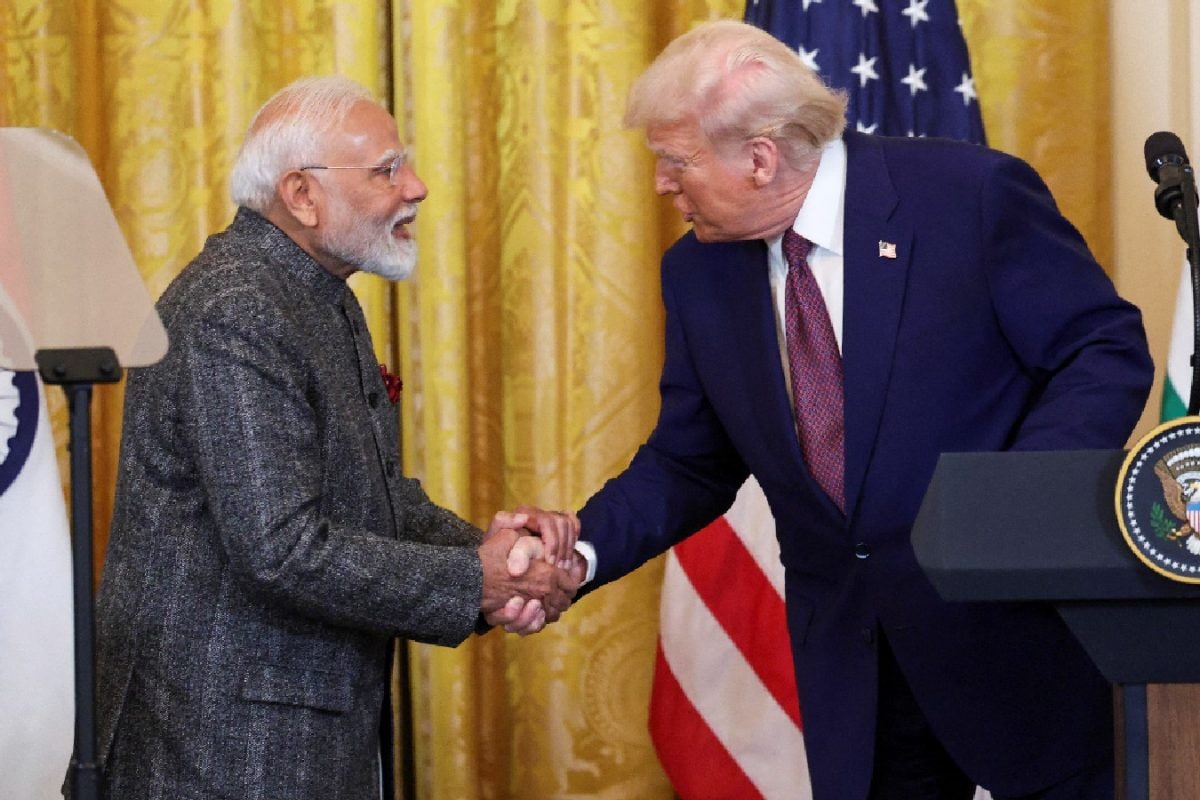

Amidst escalating trade tensions, India has reportedly put a hold on discussions to procure new weapons and aircraft from the United States. This decision is viewed as a direct response to the tariffs imposed by U.S. President Donald Trump on Indian exports.
Sources indicate that Defense Minister Rajnath Singh's scheduled trip to Washington, D.C., where he was expected to announce several major defense purchases, has been canceled. These purchases included Stryker combat vehicles, Javelin anti-tank missiles, and six Boeing P-8I reconnaissance aircraft for the Indian Navy. The deal for the aircraft alone was valued at $3.6 billion and was in advanced stages.
On August 6, 2025, President Trump imposed an additional 25% tariff on Indian goods, citing India's continued imports of Russian oil, which he claimed were helping to fund Moscow's war against Ukraine. This raised the total duty on Indian goods to 50%, making it one of the highest rates among U.S. trading partners. White House trade advisor Peter Navarro stated that the tariffs were a "national security issue" due to India's refusal to cease purchasing Russian oil. Trump himself has indicated that trade negotiations with India are unlikely to resume until the tariff issue is resolved.
While no official written order has been issued to cancel the arms deals, negotiations have been effectively frozen. However, this pause allows New Delhi to quickly reassess its position should circumstances change. Despite the suspension of large-scale procurements, other aspects of U.S.-India defense cooperation, such as intelligence sharing and joint exercises, are expected to continue.
India, the world's second-largest arms importer, has been diversifying its procurement sources in recent years, shifting from a heavy reliance on Russia towards the U.S., France, and Israel. Despite this shift, India has no plans to completely abandon Russian weaponry. Moscow is reportedly offering India new defense systems, including the S-500 air defense platform, although New Delhi has not expressed immediate interest in new purchases from Russia.
The imposition of tariffs and the subsequent halt in defense talks could potentially undermine India's manufacturing ambitions and slow economic growth. Some trade bodies in India have criticized the tariffs as unjustified, while expressing hope that the government will negotiate a fair resolution.
This situation highlights the complex interplay between trade, defense, and foreign policy, as India navigates its relationships with both the U.S. and Russia.